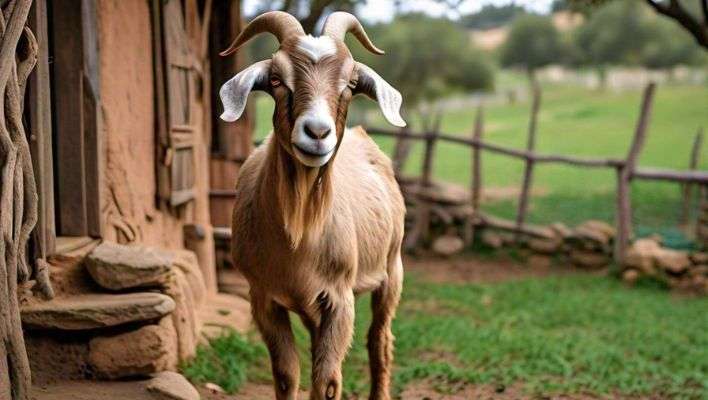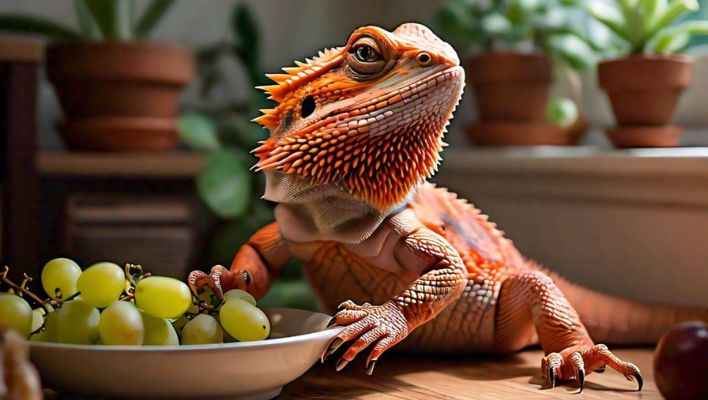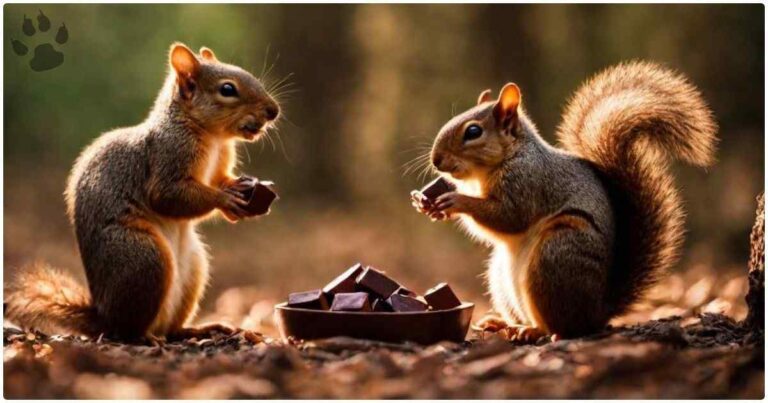Do lions eat other lions? The Shocking Pride Secret Exposed
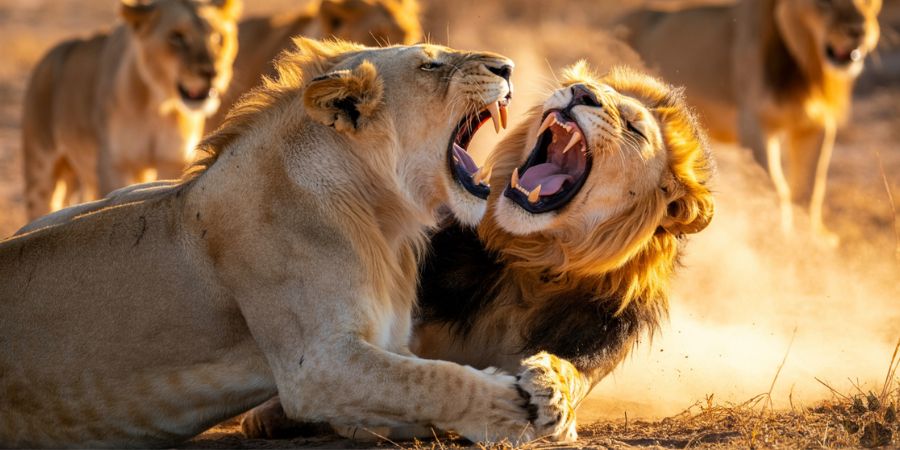
While lions are apex predators with a hyper-carnivorous diet (meaning they mostly eat meat), eating other lions is infrequent. These big cats, part of the Felidae family and Panthera genus (both are big cat families), live in pride groups with strict social rules.
Their eating patterns focus on hunting animals like zebras or buffalo, devouring up to 7 kg of meat in one meal, often finishing in under 50 minutes!
But why do people wonder if they’re cannibals? A common question many people ask is, do lions eat other lions, especially during fights or hard times.
Male lions sometimes fight rivals to take over a pride, but ingesting them isn’t typical. Though they’re aggressive hunters, feeding on their own kind is rare, even during food shortages.
🎥 Watch: Lions Pride (Death Fight)
This intense video shows how male lions fight fiercely to take control of a pride. It helps explain why such battles happen — even if they don’t usually end in cannibalism.
Do lions eat other lions?
Lions are big cats known for their cooperative hunting in groups called prides. Their social organization helps them take down large herbivores like buffalo, zebras, and wildebeests.
But do lions eat other lions? While it’s uncommon, it can happen in rare cases. If a lion dies from a natural cause or loses a fight, others might scavenge the body (eat a dead lion) for food.
However, cannibalism is seldom a regular part of their diet. Territorial conflicts or aggressively competing for control of a pride can lead to fights, but even then, wild lions don’t deliberately hunt each other.
- Lions prefer fresh meat from prey they hunt together.
- Eating another lion is uncommon and usually happens only if the body is already dead.
- Their social organization keeps them focused on teamwork, not fighting their own.
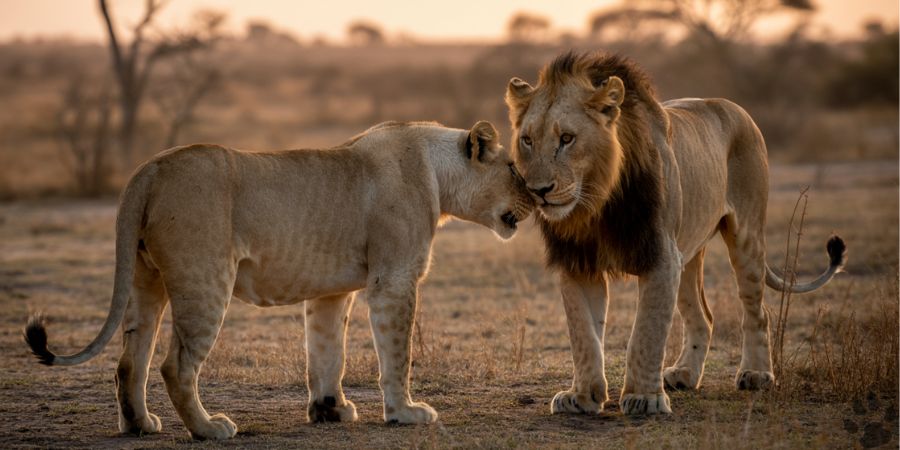
The Diet of Lions: What Do They Eat?
Lions are hyper-carnivores, meaning they eat only meat. Their favorite prey includes large herbivores like buffalo, zebras, and wildebeests.
While they’re expert hunters, lions seldom consume other lions. They rarely hunt their own kind unless facing acute food shortages.
When starving, they might try scavenging a carcass, even if it’s a deceased lion, to survive. An adult lion needs about 7 kg of meat per day to meet its energy and nutritional demands.
In a 24-hour period, they spend roughly 50 minutes eating, overindulging only if there’s a good supply. They avoid wasting energy by eating just enough to stay strong—smart for animals that depend on teamwork to thrive!
| Primary Prey | Opportunistic Prey |
| Zebras | Smaller mammals (hares, porcupines, and mongooses). |
| Wildebeests | Birds (ostriches and vultures). |
| Buffaloes | Reptiles (crocodiles and tortoises). |
| Antelopes (e.g., impala, springbok, and kudu) | Insects (like termites). |
| Giraffes (juveniles or weak individuals) | Fish, if available. |
| Warthogs | |
| Waterbucks |
Why Don’t Lions Eat Other Lions?
A curious question about lions is why they avoid preying on their own kind. While aggression can arise during conflict, eating other lions is extremely rare.
This behavior is rooted in their social bonds—lions live in pride family groups where cooperation is key for survival. Cannibalism would disrupt their structure, undermining collective efforts like hunting or territorial defense.
Even when fights occur, lions act to protect their pride, not destroy it. Attacking their own members would hurt their family’s ability to survive.
While it’s not common, extreme situations (like starvation) might trigger unusual behavior, but lions still avoid turning on each other.
Their social instincts keep the pride strong, ensuring everyone works together, not against one another.
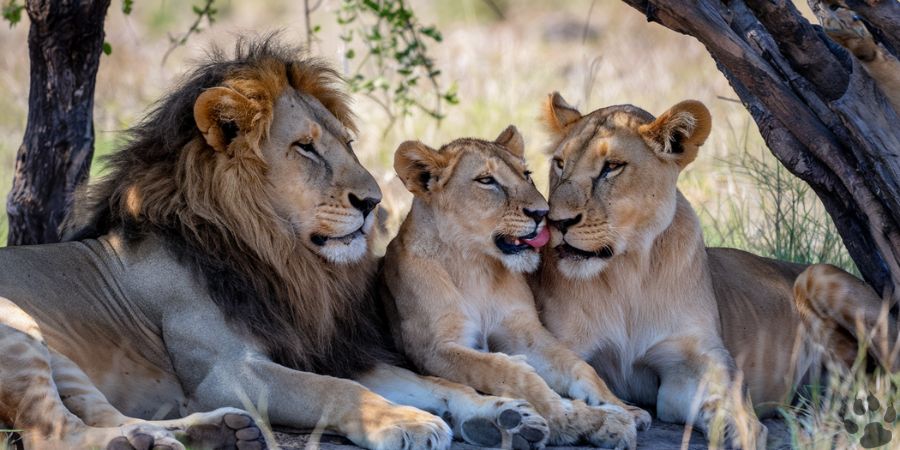
Do female lions eat male lions?
Contrary to popular belief, female lions seldom eat male lions, even when they’re dead. While they may clash or fight to defend their territory or cubs, these conflicts are about protection, not food.
Lion prides rely on cohesive social dynamics (strong teamwork)—every member has a role. For example, male lions guard the group, while female lions hunt and care for offspring.
The presence of males helps the whole pride survive by keeping rivals away. The survival of the pride is in the hands of its members, who work together as a cooperative team.
Female lions don’t waste energy turning on males—their ability to share food and responsibilities ensures everyone’s safety, especially the young.
Even if a male lion dies, the focus stays on raising the next generation, not on battles over food.
Why Does A Lioness Kill A Lion?
Sometimes in the wild, small groups of lionesses may attack lions to protect their cubs or their territory.
- These incidents are rare but have been filmed in safari parks.
- It’s mostly for defense, not because they want to fight.
- Regional director of the global wild cat conservation organization, Paul Funston, says he’s never seen an instance where it led to a death.
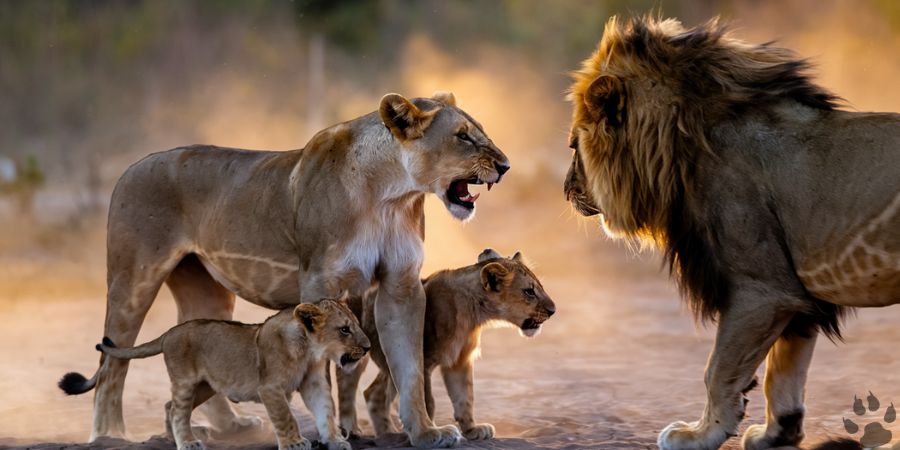
Do Male Lions Eat Female Lions?
In the social structure of a lion pride, male lions spend most of their time defending territory and preserving their supremacy. Though they can show aggressiveness toward outsiders, cannibalistic behavior within the pride rarely occurs.
Lions forgo eating female lions or cubs because their cooperative lifestyle puts the collective well-being of the group above individual aggressiveness.
Even during heated arguments over authority, fatal outcomes are uncommon—male lions know that hurting females would harm the whole pride.
Male lions (the “men” of the pride) depend on female lions to hunt and care for cubs, making teamwork essential. While clashes occur when asserting dominance, these fights seldom turn deadly.
The social structure ensures that guarding territory and raising young take precedence over personal disputes. This balance allows lions to thrive without resorting to eating their own.
Do Lions Eat Their Cubs?
While lions rarely eat their own pups, it can happen in unfavorable situations. Male lions might hurt or consume young cubs if they’re new to a pride, trying to take over.
This isn’t typical lion behavior but a reaction to stress, like feeling threatened or hungry. Lionesses, on the other hand, devote immense time and energy to rearing their pups, protecting them fiercely.
Environmental difficulties like droughts or food shortages can push lions to extreme actions. However, lionesses usually safeguard their cubs to ensure the survival of the pride. Bullet points to remember:
- Lions regularly protect their young but might act differently if stressed.
- Behavior like eating cubs is rare and linked to survival instincts, not everyday habits.
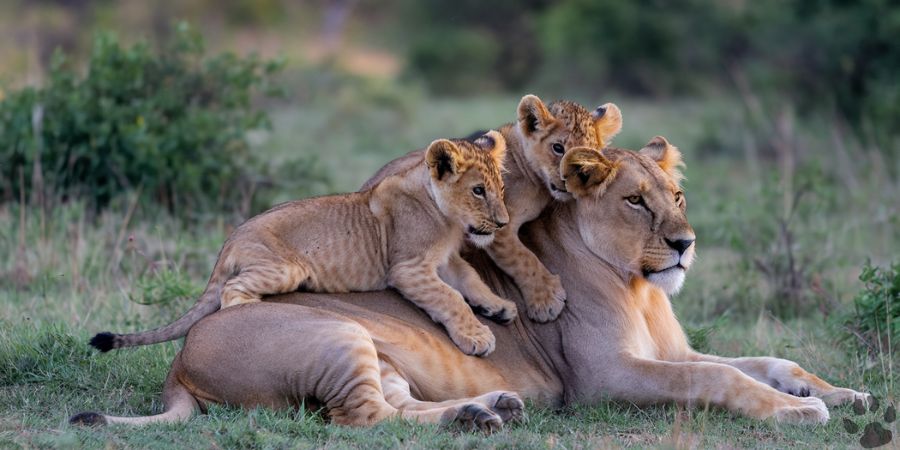
Why do male lions kill cubs?
When new males join a pride, they often kill cubs that aren’t theirs. Scientists originally proposed this was to remove rivals, but that idea was disproven.
Instead, male lions do this to make females receptive again—since lionesses won’t mate while raising offspring. By eliminating cubs, males speed up the females’ return to estrus (ready to mate), giving them a limited time to father their own generation.
This behavior is common because male coalitions (teams of males) work together to take over prides. If a lioness is pregnant, she might cleverly disguise it or hide to protect her cubs.
But once grown, cubs from the original pride could challenge the new males. So, the thinking is simple: remove the old to make space for the new.
Male lions rarely eat other lions—they focus on claiming prides. Clever strategies, like hiding pregnancies, show how lionesses fight back.
Do lions eat mountain lions?
African lions and mountain lions (also called cougars or pumas) live on different continents. African lions are native to Africa and India’s Gir Forest, while mountain lions are endemic to the Americas.
Since they’re separated by a vast distance, contact is extremely rare. Even if they met, African lions typically hunt large animals like zebras, not other big cats. Mountain lions, being distinct species, feed on deer or tiny mammals.
Would they eat each other? It’s possible, but uncommon because they seldom share the same space. These big cats belong to two different ecosystems. African lions thrive in groups, whereas mountain lions live alone.
Their populations don’t mix, and encounters are specifically limited by geography. Though both are mammals and top predators, their distinct lifestyles make interactions extremely unlikely.
So, while eating other lions isn’t a habit for either, it’s uncommon simply because they’re worlds apart!
Do lions eat cheetahs or leopards?
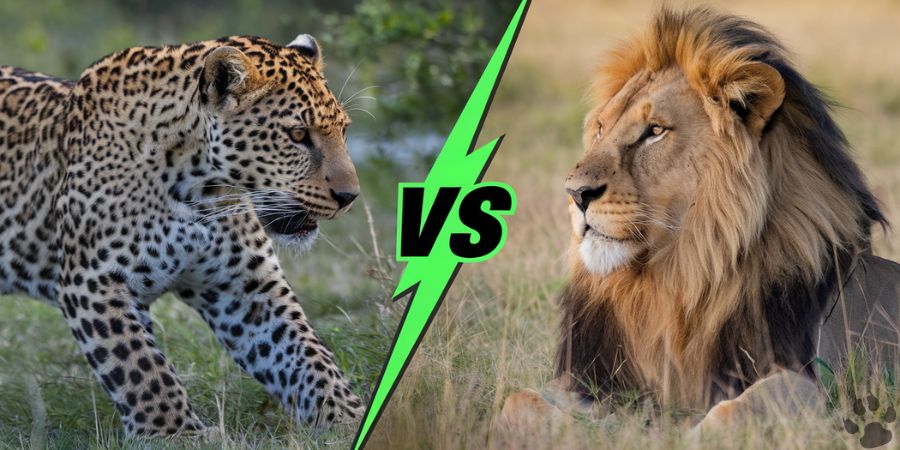
Lions, cheetahs, and leopards often share the same area, but their relationships are complicated. While lions are top predators, they don’t see leopards or cheetahs as their main meal.
Instead, these smaller large cats are viewed as rivals or prospective prey only on occasion. Fights between them usually happen over territory or food, not because lions are actively hunting them.
However, possible predation can occur if food supplies grow scarce. Lions might kill or eat cheetahs/leopards if the chance presents itself, but this isn’t common.
Interspecies rivalry (fights between different animals) leads to conflicts more often than actual hunting. For example:
- Lions may attack to reduce competition.
- Frequent clashes happen over stolen meals or territory, not hunger.
Conclusion:
Lions are strong animals that live in groups and work together. They usually hunt other animals like zebras and buffalo. So, do lions eat other lions? Not often.
It happens only in rare cases, like when they are starving or fighting. Lions mostly protect their group, not hurt it.
Frequently Asked Questions:
Does a lion eat another lion?
Lions rarely eat other lions, but killings happen. During pride takeovers, incoming males may attack and kill the resident leader and cubs. This behavior isn’t for food—it’s to become the primary pride ruler.
Why do female lions eat male lions?
Female lions, though smaller, are faster and hunt more. Male lions protect the pride, but if they’re weak or not the father of cubs, females may attack. Occasionally, when big prey is scarce, they eat males. Females help each other survive.
Would lions eat a dead lion?
Rarely, but during acute food shortages, lions might scavenge a deceased lion’s carcass. Eating another lion isn’t common—they prefer fresh hunts unless desperate!
Why would lions resort to cannibalism?
Cannibalism in lions can occur during extreme food shortages, pushing them to eat another lion. A killed lion from territorial disputes might be eaten if the pride is starving.
Do lionesses eat their own cubs?
Lionesses sometimes kill their own cubs, especially if they’re sick or the group faces severe challenges to survival. This isn’t for consumption but due to reproductive reasons, like saving resources for healthier babies.


